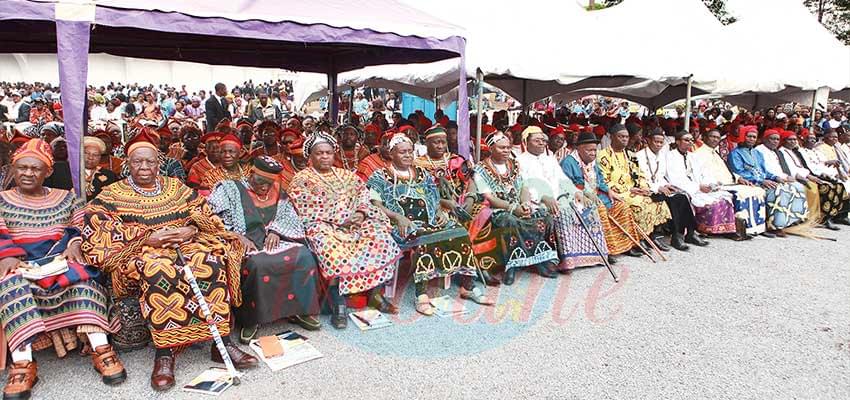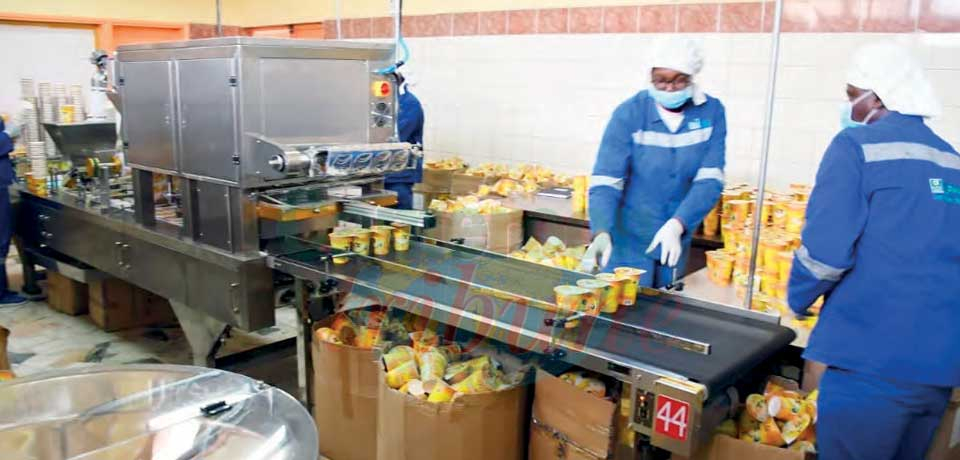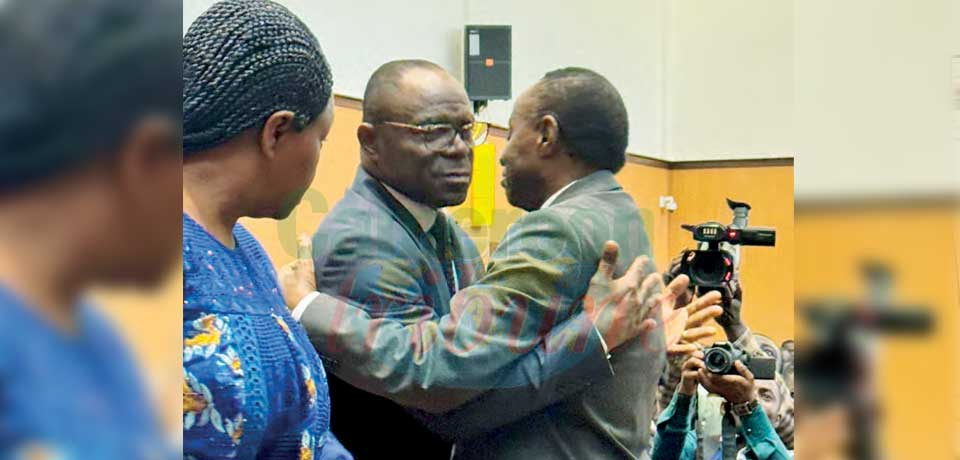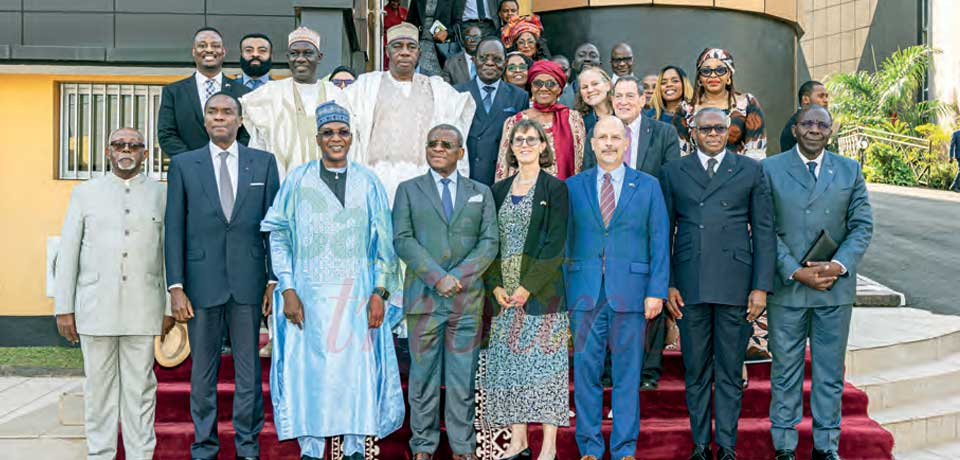North West, South West Regions : Specifications of The Special Status
- Par Godlove BAINKONG
- 16 Dec 2019 13:43
- 0 Likes

nThe bill to that effect under scrutiny in Parliament makes provision for Regional Assemblies, House of Chiefs, Conciliator…; all upholding the culture of the people and unity of the State.
The anxiety provoked by the announced endowment of the North West and South West Regions with a Special Status has given way to calculations on what is expected to change when the bill under scrutiny in the ongoing extra-ordinary session in Parliament goes into law. In effect, Part V of Bill N° 1065/PJL/AN to institute the General Code of Regional and Local authorities details what the Special Status has for the two regions.
In terms of Devolution of Powers
It is now clear that the Special Status conferred on the North West and South West Regions has specific organisational and operational regime, based on the historical, social and cultural values of the regions. Government by the text gives due respect for the primacy of the State, national unity and solidarity. In addition to other powers devolved on regions by the law, the North West and South West Regions may among others participate in the formulation of national public policies relating to the Anglophone education sub-system. The two regions may also set up and manage regional development authorities as well as participate in defining the status of traditional chiefdoms. The bill also underlines that the North West and South West Regions may be consulted on issues relating to the formulation of justice public policies in the Common Law subsystem. The peoples’ involvement in the management of public services established in the respective territories is also on programme.
What About The Organs?
Section 329 of Chapter II stipulates that the North West and South West Regions shall be administered by freely elected organs. These include the Regional Assembly and Regional Executive Council. As a deliberative organ, the Regional Assembly shall exercise all the powers devolved upon regional councils by the laws in force. The Regional Assembly shall be composed of 90 Regional Councillors elected for a five-year term of office. It shall comprise two Houses notably House of Divisional Representatives and House of Chiefs. While the former will comprise 70 members elected by municipal councillors of the regional by a one-round mixed list vote and reflecting the sociological components of the regions as well as gender, the latter shall be made up of 20 members elected from among traditional rulers in accordance with the legislation in force.
Their Roles
With five committees (administrative and legal affairs and standing orders; education; health, population, social and cultural affairs, youth and sports; finance, infrastructure, planning and economic development and a committee on environment, State property, town planning and housing), the House of Divisional Representatives shall rule on all matters falling within the powers of the Regional Assembly. Meanwhile, the House of Chiefs will be expected to give opinion on the status of traditional chiefdom and the management and conservation of historical sites, monuments and vestiges. It is also vested with the powers to give opinions on the organisation of cultural and traditional events in the region as well as the collection and translation of elements of oral tradition. Houses of Regional Assemblies shall be convened by the President of the Regional Executive Council. Section 342 specifies that, “the two Houses of the Regional Assembly shall also hold a joint meeting to initiate impeachment.”
The Role of Public Independent Conciliator
One of the high points of the Special Status for the North West and South West Regions is the establishment of a Public Independent Conciliator who shall be a highly experienced personality with reputed integrity and proven objectivity. He or she shall be responsible for examining and amicably settling disputes between users an...
Cet article complet est réservé aux abonnés
Déjà abonné ? Identifiez-vous >
Accédez en illimité à Cameroon Tribune Digital à partir de 26250 FCFA
Je M'abonne1 minute suffit pour vous abonner à Cameroon Tribune Digital !
- Votre numéro spécial cameroon-tribune en version numérique
- Des encarts
- Des appels d'offres exclusives
- D'avant-première (accès 24h avant la publication)
- Des éditions consultables sur tous supports (smartphone, tablettes, PC)














Commentaires